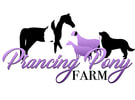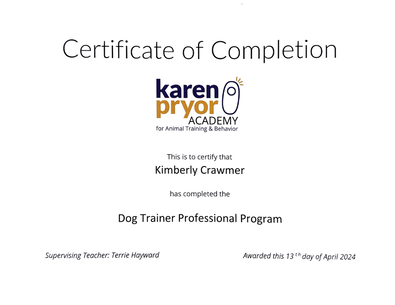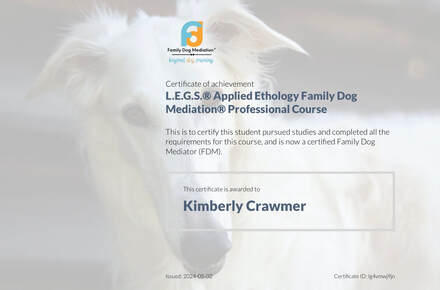Feeding our Maremma Sheepdogs
- We feed Diamond Naturals All Life Stages to our Maremmas - puppies and adults. (All Life Stages means it can be fed to puppies and adults, including pregnant and nursing dogs. It's basically puppy food.) It’s a 5-Star Food on Dog Food Advisor. We like this brand because it's high quality, suitable for all ages and stages, and is readily available from many sources. (Amazon, Chewy, Tractor Supply, feed, and pet stores.) We get ours from Amazon via Subscribe and Save unless we underestimate how much we need and run out of food. Then we make an emergency trip to the feed store or Tractor Supply to get more! We go through a LOT of dog food, sometimes a bag a day or more.
- Our adult dogs and pups 6 months and up are fed once daily, at night. Pups 3-6 months old are fed twice a day. Puppies from 3-12 weeks are fed 3-4 times daily.
- We always feed our dogs separately from the goats and other livestock to prevent resource guarding, and this is a practice all LGD owners should follow. (We have kennels or fenced areas in each pasture to feed the dogs away from the stock.) Many types of livestock will steal dog food, causing some dogs to get upset and become overly protective over their food, even showing aggression towards stock and other dogs. We tried every trick in the book to keep our goats from eating dog food, but in the end, separating them at feeding time was the only cure for naughty goats!
- We are also careful to never feed dogs with a tendency towards resource guarding together, as this can cause fights. We either feed these dogs separately or pair them with a dog that's content to wait their turn to eat. Or we space the food dishes far enough apart that there's no fighting. Some dogs don't even like livestock or another dog to watch them eating. In that case, we use screening such as a tarp or shade cloth to give the dogs privacy while they eat.
- Dogs deserve to feel safe while eating, so take measures to help them do so!
- We give our dogs as much food as they want and give them 15-20 minutes to eat in their feeding areas, then return them to the stock.
- We feed "on average" a full 3-quart horse feed scoop per dog, plus more for bigger dogs or growing pups. But the feed scoop is just a measuring tool for estimating how much to give the dogs. We give them all they can eat in that 15-20 minute period.
- We feed our dogs in clip-on horse feeders (below) or buckets clipped to the fence. This prevents the feeders from wandering off.
- We clip the feeders low to help prevent Canine Bloat. Please read this post about a client's dog who died of bloat and what you can do to prevent this terrible illness. http://www.prancingponyfarm.com/prancing-pony-farm-blog/jess-an-incredible-livestock-guardian-dog-whose-life-was-cut-tragically-short-by-bloat
- An elevated dog feeder like the one below is very helpful for feeding dogs after surgery or an injury if they are wearing an Elizabethan collar. The added height allows them to reach the food with the cone on, while the weighted base prevents the dish from being tipped over.
- We also feed raw goat milk from our dairy goats and raw, farm-fresh eggs from our free-range chickens.
- We utilize and recommend Dog Food Advisor - a great resource that reviews hundreds of dog food brands. This is our go-to website for helping us research and choose the best food for our dogs.
- Adding a Probiotic to your dog's diet is always a good idea, especially when transitioning to a new home and food.
- Pumpkin is great for adding to your dog's food to firm things up!
- Kaolin Pectate is good to add to the food to firm things up.
- Boiled chicken, pureed meat baby food, or canned puppy food are good for enticing a dog with an upset tummy to eat.





